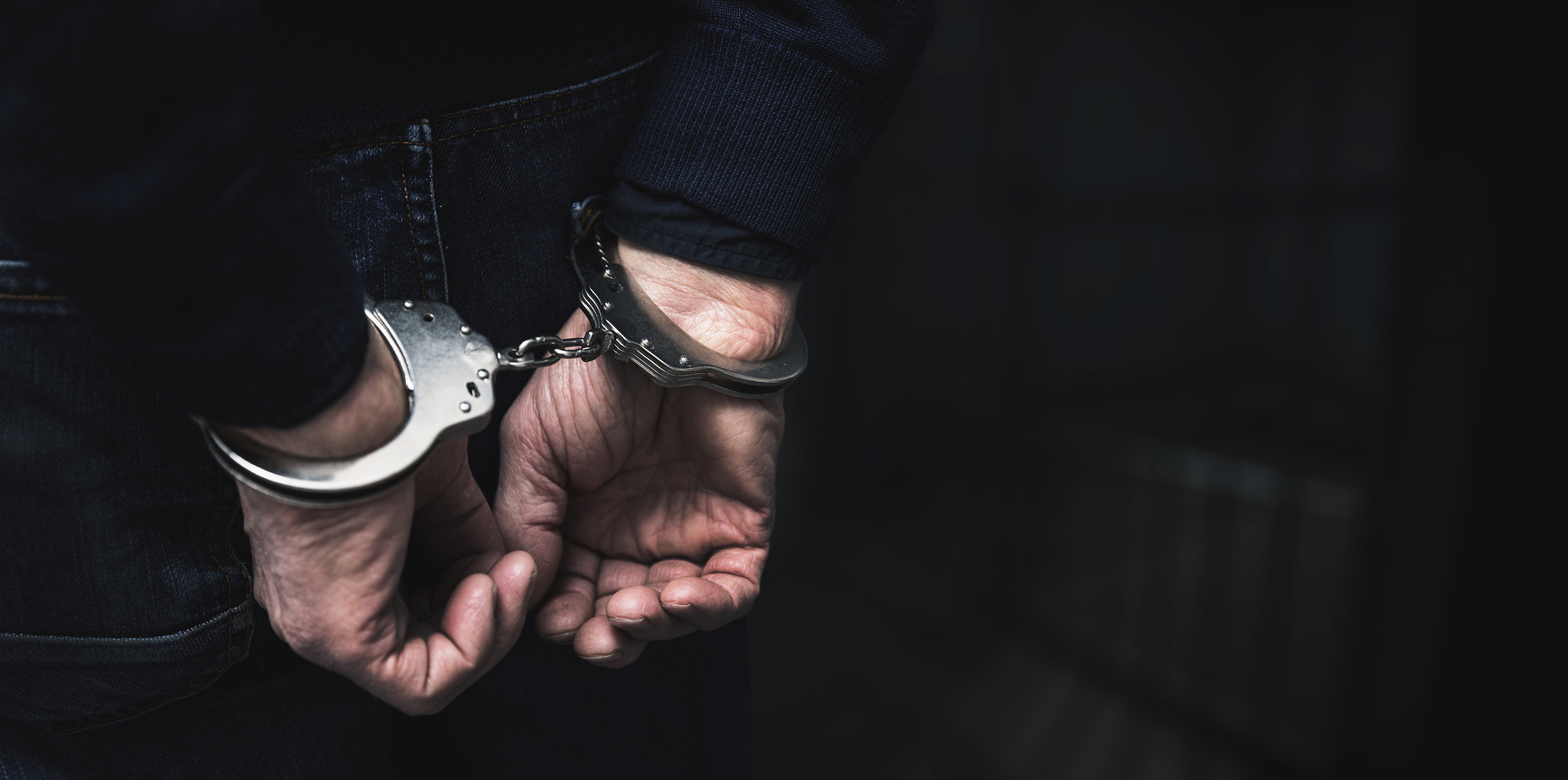During a DWI/DUI stop, can a police officer ask me questions without reading me my rights?

A police officer can ask you questions without reading your rights during a DWI/DUI stop. It is typical for police officers to inform you of your Miranda rights once you are under arrest and in police custody.
While it is customary for police officers to inform you of your Miranda rights once you’re in custody, it’s legal for them to question you prior to arrest. This is why it’s good to know your rights beforehand, so you can act appropriately during these sensitive situations.
If you are questioned, charged, and not read your rights before a custodial interrogation during a DWI/DUI stop, you can contest your ticket or charge, which may be dismissed or reduced.
Recent Criminal Defense News
What Happens During a DWI/DUI Stop
At a DWI/DUI stop, also known as a DUI checkpoint or sobriety checkpoint, police officers randomly stop drivers who were traveling on the road where the checkpoint was set up. Drivers are able to turn around before the checkpoint, as long as there is a legal way of doing so. An illegal U-turn can provoke an officer to stop a person for the violation, even if the person didn’t make it to the checkpoint.
Drivers are often randomly selected based on a mathematical formula, such as every fourth car. When a driver is randomly chosen and stopped at a checkpoint, the police officer will start talking to the driver about their night and where they are going.
During this initial interaction, the police officer will look for signs of impairment, such as smelling alcohol or illegal substances, trouble speaking properly, driving errors, trouble focusing, and more. The police officer may ask to see a driver’s license, registration, and/or insurance information.
If the police officer suspects that the driver is impaired in any way, the driver will be interrogated further in a separate area. Upon further questioning, the driver will likely be asked to step out of the vehicle and take a chemical and/or field sobriety test.
Refusing a Chemical or Field Sobriety Test
If a police officer decides to pull you over at a DWI/DUI stop, you may be asked to take a chemical and/or field sobriety test. Implied consent law says that, as a driver on public roads, you consent to take a chemical sobriety test when there is a reasonable suspicion that you are driving impaired. However, you have the right to refuse any sobriety test.
Refusing to take a field sobriety test will result in no punishment since it is not scientifically sound. Since chemical tests, such as breath, blood, or urine, are scientific and can provide exact amounts of alcohol or substance in your body, you can be punished if you refuse. A common punishment is automatic license suspension that can be suspended through appeal.
As an alternative to submitting for a chemical test at the scene, you can ask to take the chemical test at the police station.
Know Your Miranda Rights & Fourth Amendment Rights
DWI/DUI stops can be intimidating. It’s best to cooperate with police officers throughout any questioning or legal procedures, but it’s important to know your Miranda and Fourth Amendment rights when you drive into a DWI/DUI stop in Louisiana.
Miranda rights
Miranda rights state that you have the right to remain silent and use legal representation when you are arrested and when the police are engaging in a custodial interrogation. A Miranda warning also states that anything you say to a police officer or in a police station can and will be used against you. This means that at any point in the process you can state that you wish to remain silent until you speak to a lawyer.
Fourth Amendment rights
The Fourth Amendment is especially important for sobriety checkpoints and roadblocks because according to many authorities and citizens, these temporary checkpoints are a clear violation of these rights.
Your Fourth Amendment rights are a great defense if you are charged at a DUI/DWI checkpoint, as it is possible for police officers to have infringed on your liberties during a random questioning and search. Knowing your Fourth Amendment rights can ultimately help reduce or dismiss charges in some cases.
Get Help with Your DUI/DWI Case
If you’ve been charged with a DUI or DWI after a sobriety checkpoint or roadblock, The Johnson Firm can help. We have the knowledge and success to help you get the best results possible in your case. Let us aggressively fight for justice on your behalf, striving to reduce or eliminate charges as much as possible.
Schedule your case consultation with our top Lake Charles DUI/DWI attorneys today by calling 337-433-1414 or send our team a message with any questions you may have. We look forward to hearing from you.
Schedule a Consultation
"*" indicates required fields




